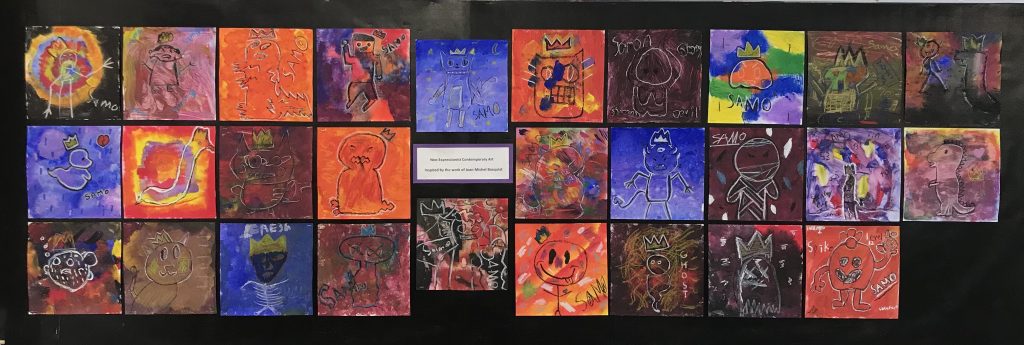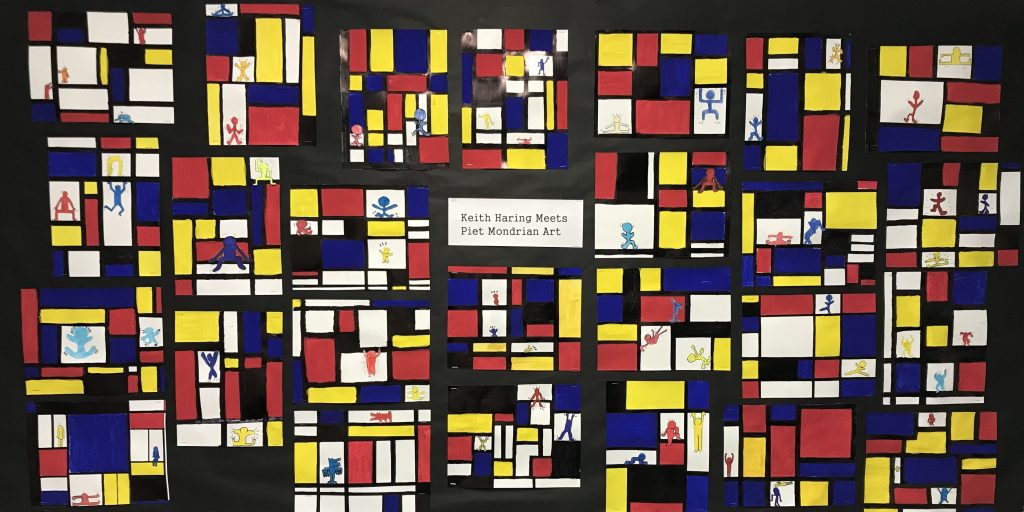
VIRTUAL EVENT – International Day Against Homophobia, Transphobia, & Biphobia (IDAHAT CELEBRATION) – May 17 from 4:00-5:30pm (Zoom)
Burnaby’s District SOGI Committee is hosting an incredible online event that will be available for staff, students, and their families to view. It will take place on Tuesday, May 17th from 4:00 – 5:30 via Zoom. Speakers from the LGBTQ+ community will share thoughts and experiences on the theme of “Authenticity.” While the event occurs after school hours, we encourage you to join if interested.
For more information including biographies for all the speakers and links to access the Zoom meeting, please visit our event page here: https://sd41.sharepoint.com/sites/SOGI_Construction/SitePages/IDAHAT-Reimagined.aspx
Please note that on Tuesday, May 10th at 9am, Fraser Health will be administering the 2nd dose vaccine for Grades 6 students.
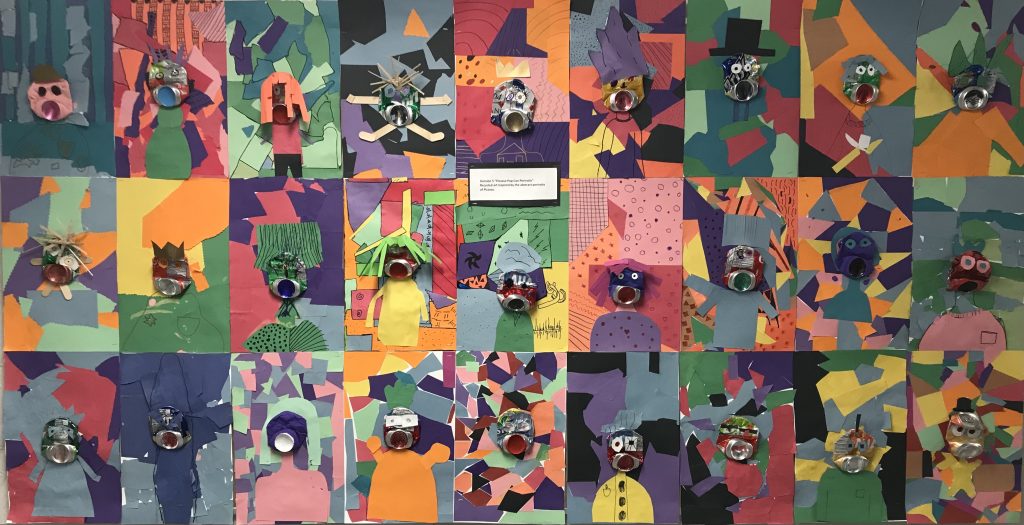
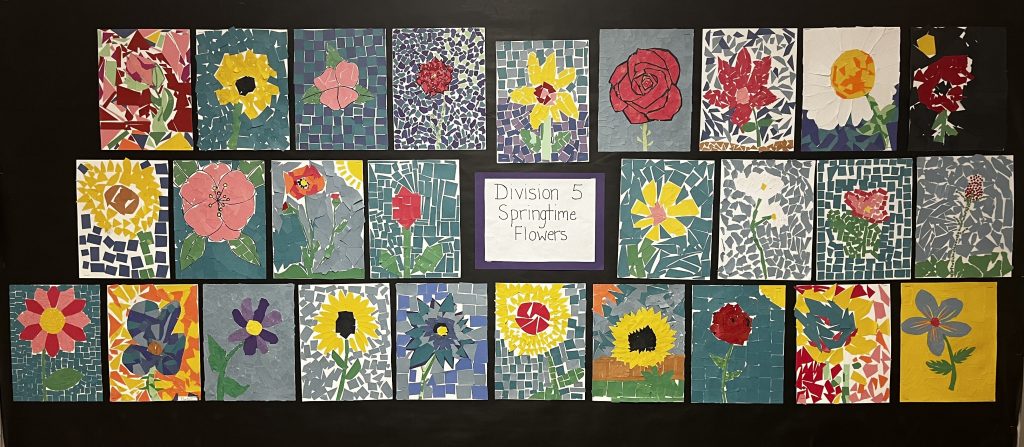
“A medicine wheel is a foundation of teaching and learning that shows how different parts of life are connected and balanced. The symbol of four colours in a circle represents the interconnectivity of all aspects of a person’s relationship with themselves, others, and the natural and spiritual world”
Words by Joyce Perrault from “All Creation Represented: A Child’s Guide to the Medicine Wheels”
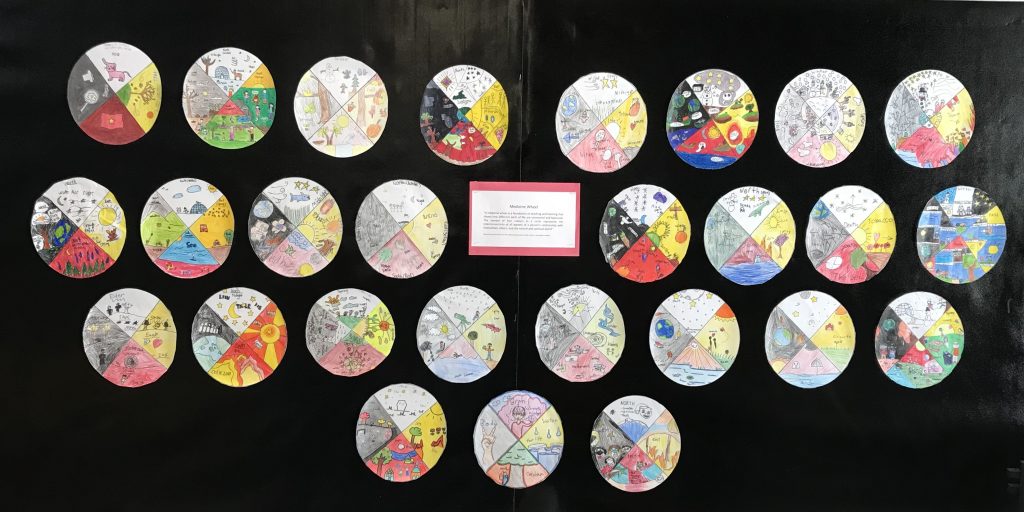
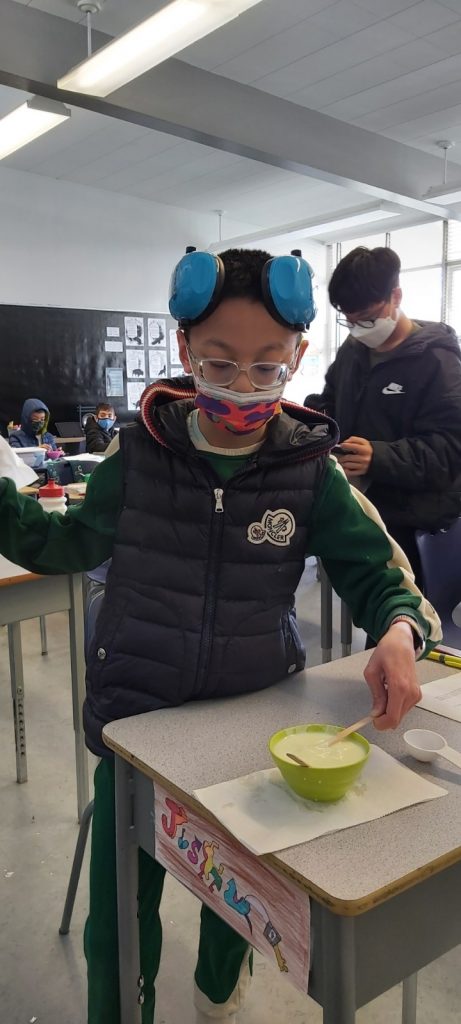
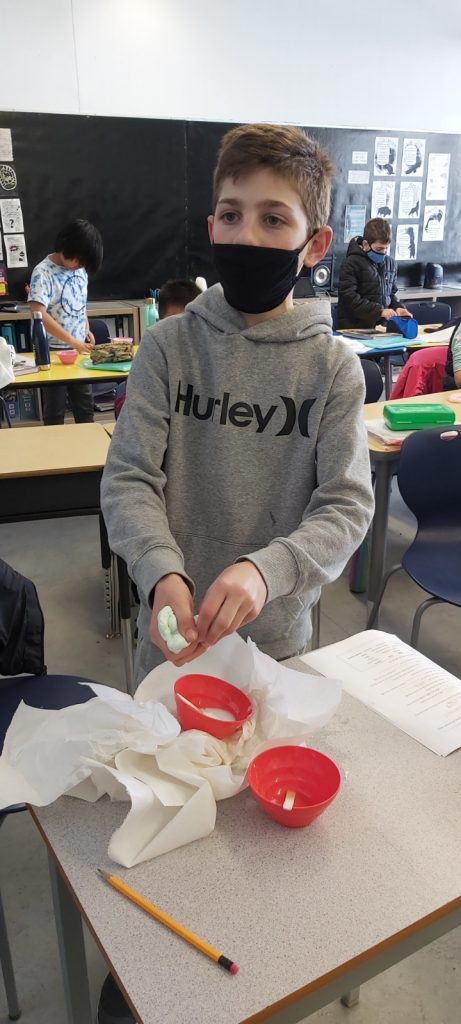
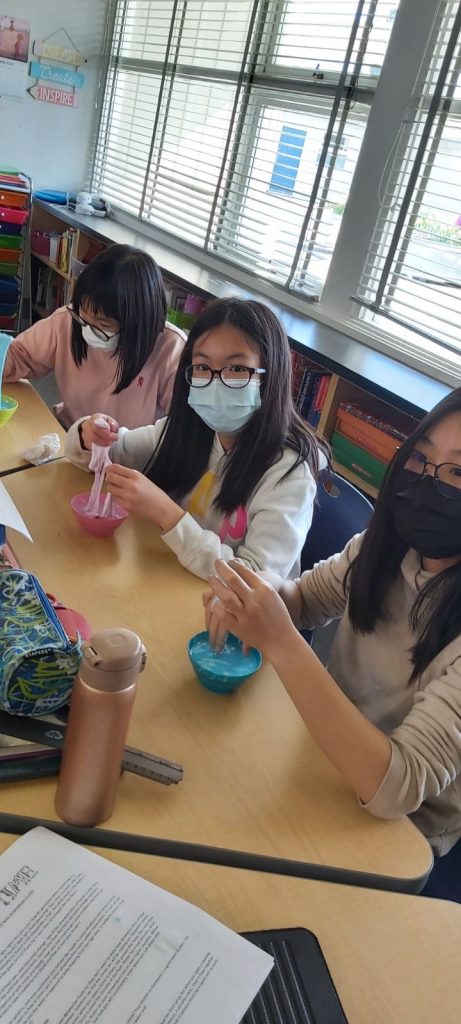
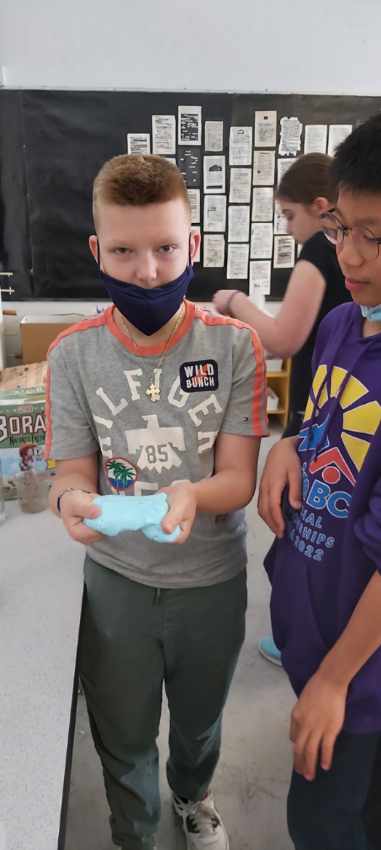
How do you make slime with glue, water and Borax? Slime is made after a chemical reaction occurs between two main ingredients; polyvinyl alcohol and borate ion. Glue contains polyvinyl acetates (PVAC) molecules. These are long polymers that are like long strands of spaghetti tangled together on your plate. The Borax (borate ions)hook these together so they don’t flow so well and begin to act more like a solid and their viscosity increases.
During the slime lab students learned that increasing the amount of water in their slime mixture helped it flow better, while increasing the amount of Borax made the slime firmer.

After reading “The Great Realization” by Tomos Robert the students create a similar poem on their own global issue. They worked in pairs to create a 6 stanza poem with A, A, B, B or A, B, A, B rhyming scheme.
Below are the poems they created.
Student Poems
This week in class students have been learning about sleep hygiene and the benefits of a good nights sleep.
Without a good nights sleep school can be a real challenge. Research into sleep shows that over time, insufficient sleep impacts how a child feels, behaves and interacts with others and their world. Insufficient sleep can lead to challenges regulating their emotions and bodies, including increased hyperactivity and stress. Moreover, research has shown that an inability to regularly get the recommended sleep can lead to a decrease in one’s overall mental health.
Did you know?
- 1 in 4 children do not get the recommended sleep at night.
- 1 in 3 children have trouble going to sleep or staying asleep
- 1 in 5 children have difficulty staying awake during waking hours
So, how much sleep should our children be getting? Well, it depends on their age. For school aged children the recommended sleep time is 9-11 hours for children aged 5-13 years old and 8-10 hours for adolescents aged 14-17 years of age.
Tips to help your child increase the quality and quantity of their sleep:
Establish a regular bedtime routine…..even on weekends
A child’s internal clock helps them to get sleepy and feel awake at specific times during the day. If you allow your child to sleep in on the weekends, that will make it more difficult for your child to wake up at the regular time during the school week. Similarly, if you allow your child to stay up late at night on weekends, they will have a harder time falling asleep at the regular bed time on school nights.
Don’t do Anything Energizing Close to Bed
You want the child to relax, not get energized right before bed. So, wrestling, watching movies, and other high stimulation activities close to bedtime may make falling asleep more difficult.
Screen time
Research has shown that screen time immediately before bed can result in sleep difficulties. Too much screen use (i.e. television, computer, mobile phone, video gaming device) in children has consistently been shown to delay bedtime and result in a shorter total sleep time. Exposure to bright light from television or computer screens close to bedtime may interfere with the body’s normal sleep-wake cycle by suppressing the production of the hormone melatonin. Using screens near bedtime (1 hour before) is also associated with poor sleep quality and daytime sleepiness.
Daily Physical Exercise
Regular physical activity has a positive effect on sleep quality, including improving the time spent asleep versus awake in bed, decreasing the number of times children wake up each night, and increasing how rested they feel the next day. So make sure your child’s day includes lots of opportunities for them to be physically active
Healthy Food and Beverages
Drinking caffeinated beverages can negatively affect children and adolescents’ sleep by increasing the time it takes them to fall asleep and decreasing the amount and quality of sleep they do get. Caffeine-containing drinks commonly consumed by children include pop, iced tea, and energy drinks.
Student Sleep Challenge
For the next two weeks student have been asked to keep a sleep log and try to make some minor changes to their sleep routine (ie. no tech an hour before bed or same bedtime/wake-up time each day) to see what impact minor changes may have on their mood, energy levels, focus, daytime sleepiness etc. Students will be graded on their ability to self-reflect on their sleep routines and identify ways they can individually improve their own sleep hygiene. Ask your child what they think might help improve their sleep hygiene and help them test out some of these tips at home to see if it gives them a better nights sleep.
Div 3 Class Blog ©2026. All Rights Reserved.
Powered by WordPress.
Theme by Phoenix Web Solutions
